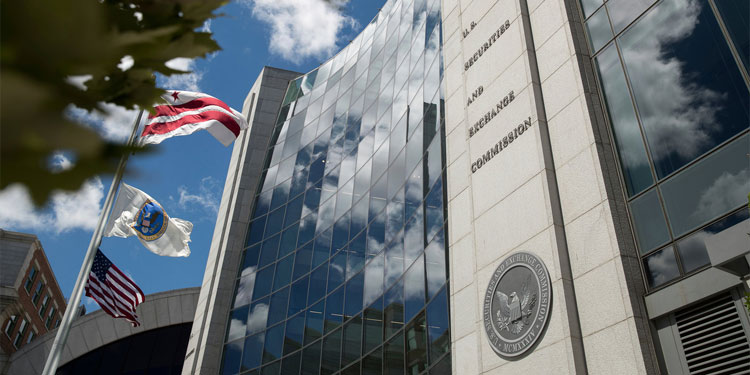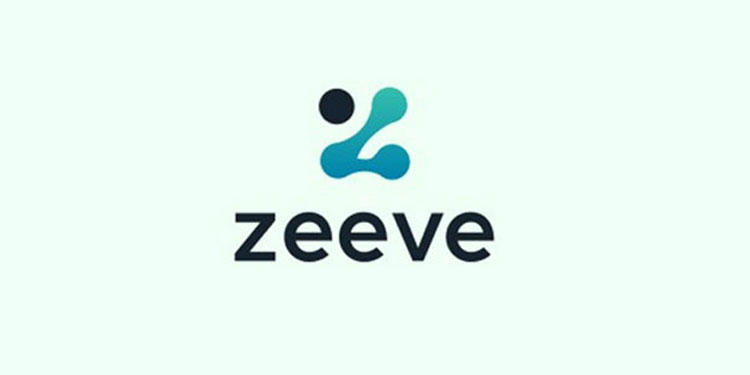 Visa, a prominent player in the global credit card network, has been actively exploring innovative solutions to enhance the user experience within the blockchain ecosystem. The company recently unveiled the results of its experimentation, showcasing a breakthrough that could revolutionize the way users settle on-chain gas fees using traditional fiat currencies. This remarkable development has the potential to reshape the landscape of blockchain transactions and ease the burdens associated with managing digital assets solely for gas fee payments.
Visa, a prominent player in the global credit card network, has been actively exploring innovative solutions to enhance the user experience within the blockchain ecosystem. The company recently unveiled the results of its experimentation, showcasing a breakthrough that could revolutionize the way users settle on-chain gas fees using traditional fiat currencies. This remarkable development has the potential to reshape the landscape of blockchain transactions and ease the burdens associated with managing digital assets solely for gas fee payments.
In a press release issued on Friday, Visa revealed the successful completion of tests for a cutting-edge solution designed to enable users to directly settle on-chain gas fees using their credit or debit cards, with a particular focus on enhancing the Ethereum blockchain experience. This groundbreaking experiment was meticulously conducted on the Ethereum Goerli testnet, marking a significant step forward in the evolution of blockchain-based transactions.
Advancing Efforts in Expanding Blockchain Payment Accessibility
The core of this innovative solution revolves around the utilization of a pioneering paymaster contract, a specialized form of smart contract intricately woven into the fabric of the blockchain ecosystem. This ingenious contract serves as a conduit, facilitating seamless gas fee payments on behalf of users. By shouldering the gas costs through the paymaster contract, users can liberate themselves from the cumbersome necessity of maintaining a dedicated Ether balance solely for the purpose of gas fee settlement.
“We envision a scenario where users are liberated from the need to possess blockchain-specific native tokens solely to cover gas fees. Our potential solution harnesses the power of Ethereum’s ERC-4337 standard in conjunction with the capabilities of a paymaster contract. This dynamic amalgamation empowers users to effortlessly utilize their Visa cards to directly and efficiently settle gas fees,” an official from Visa stated.
The introduction of the paymaster contract represents a paradigm shift in the way blockchain users manage and settle gas fees. Beyond its immediate utility, Visa also envisions an extended application of this technology. Merchants and decentralized applications, seeking to streamline their operations and enhance user experiences, can also deploy dedicated paymaster solutions tailored to their unique needs.
This recent breakthrough is not an isolated endeavor within Visa’s overarching strategy. It comes on the heels of earlier revelations from Visa’s head of the crypto division, Cuy Sheffield. In April, Sheffield highlighted Visa’s forward-looking approach and unveiled an “ambitious crypto product roadmap.” This statement underscored Visa’s commitment to pushing the boundaries of innovation within the blockchain and cryptocurrency sphere.
Contrary to speculations earlier this year, which suggested that Visa’s interest in digital assets had waned, Sheffield firmly dismissed these notions. He emphasized Visa’s unwavering dedication to fostering deeper connections with the nascent cryptocurrency industry. Visa’s relentless pursuit of innovation is further exemplified by its determined efforts to democratize access to blockchain payments and facilitate global settlements that seamlessly bridge the divide between digital and fiat currencies.
The dynamic landscape of blockchain and cryptocurrency is not one without competition. PayPal, a notable contender in the financial technology realm, recently entered the cryptocurrency arena by introducing a stablecoin backed by US dollar deposits and T-bills. This move showcases the industry’s growing recognition of the transformative potential of blockchain technology.
In summary, Visa’s recent breakthrough in enabling direct fiat payment for blockchain gas fees marks a significant stride towards simplifying the complexities of blockchain transactions. By harnessing the power of the paymaster contract and innovative blockchain standards, Visa is not only revolutionizing the way gas fees are settled but also solidifying its position as a trailblazer in advancing the accessibility and functionality of blockchain payments on a global scale.








